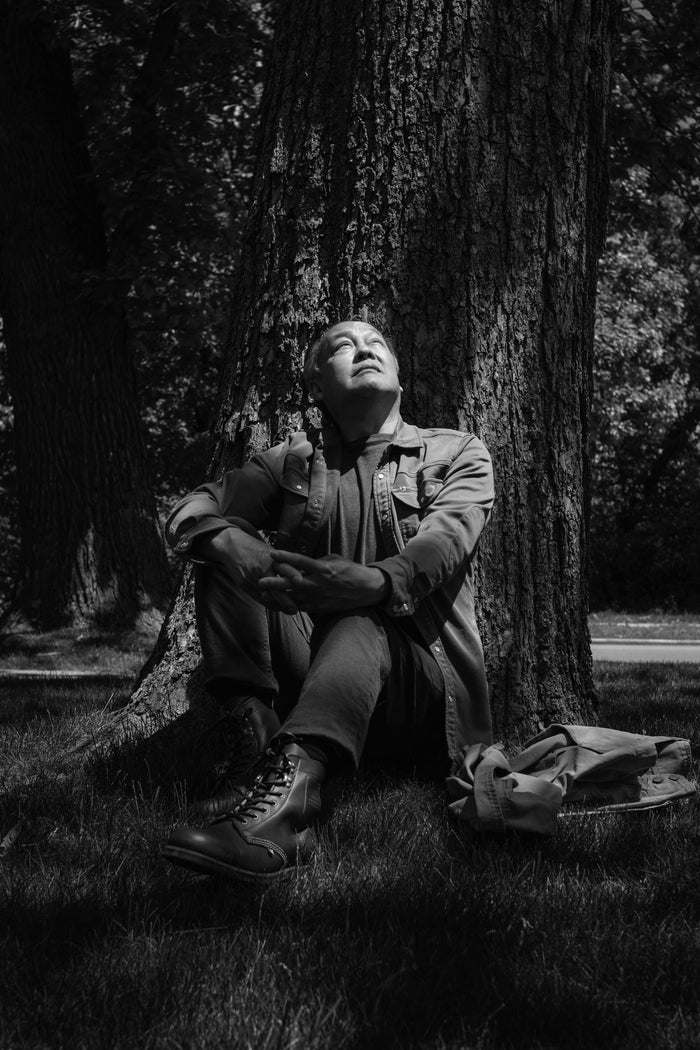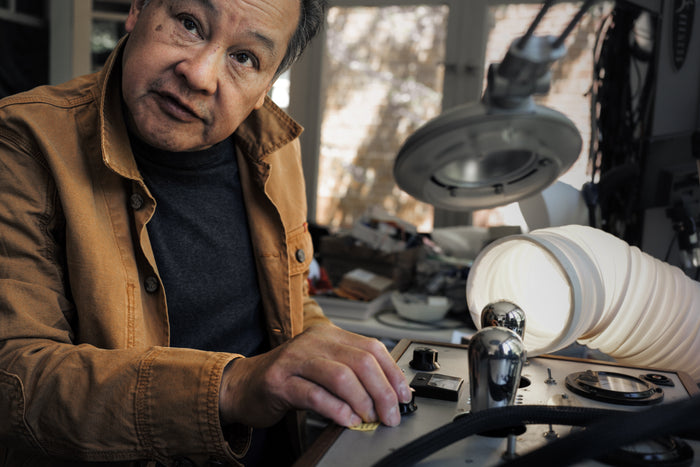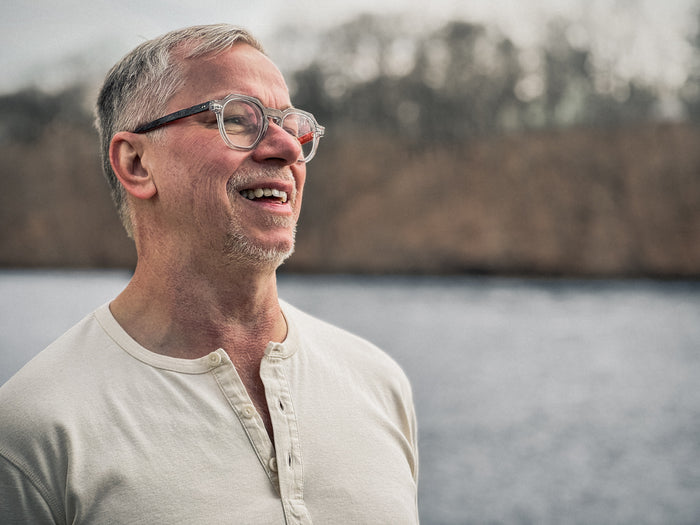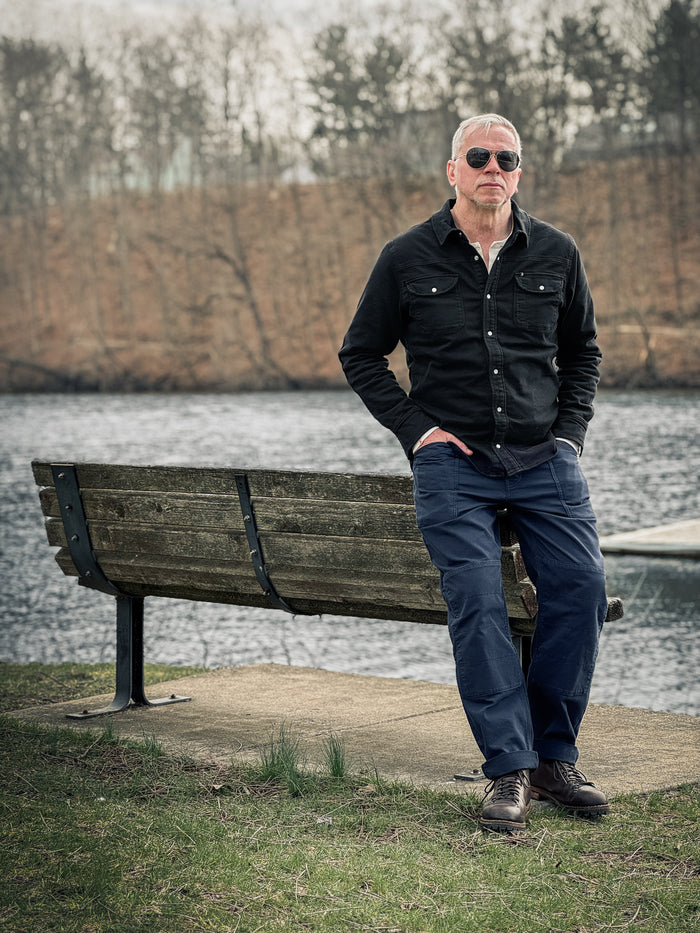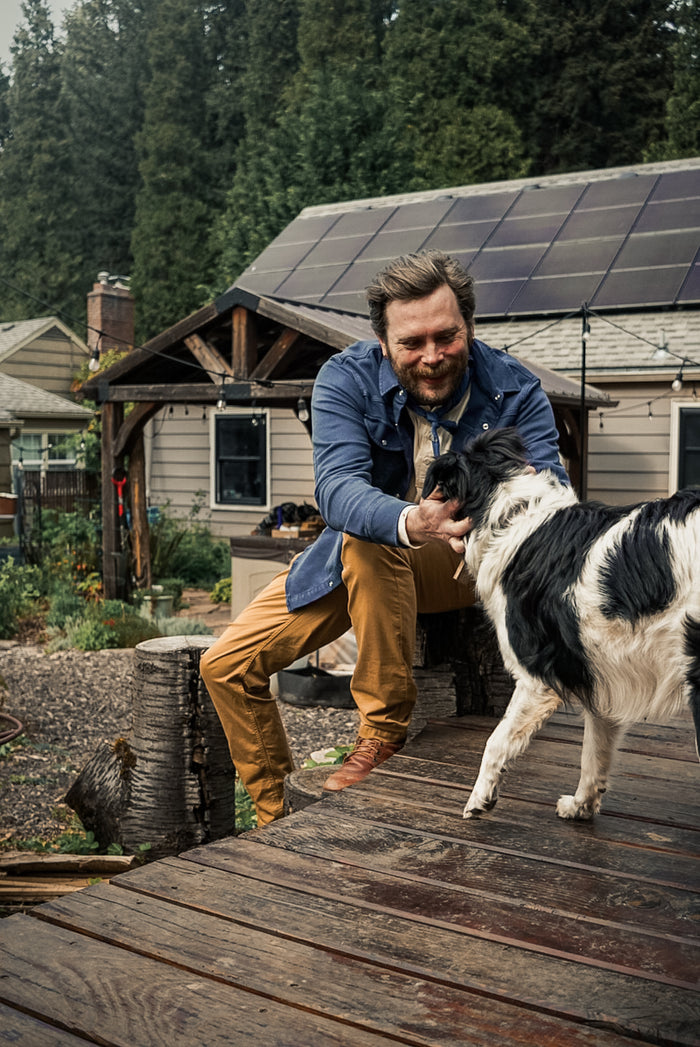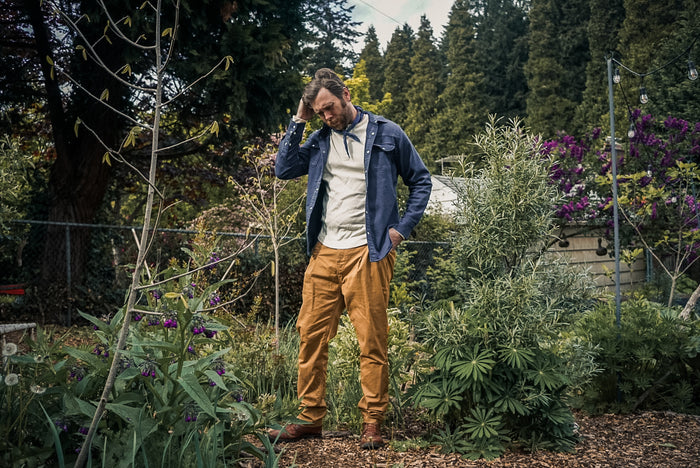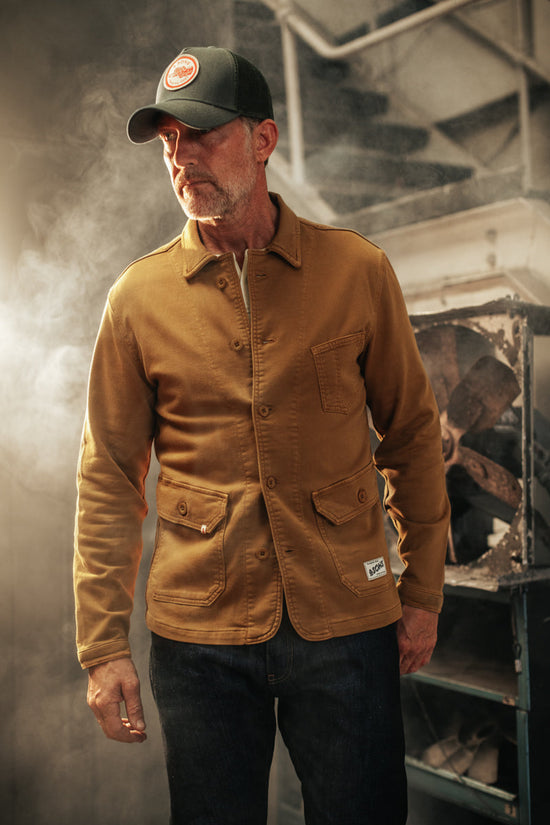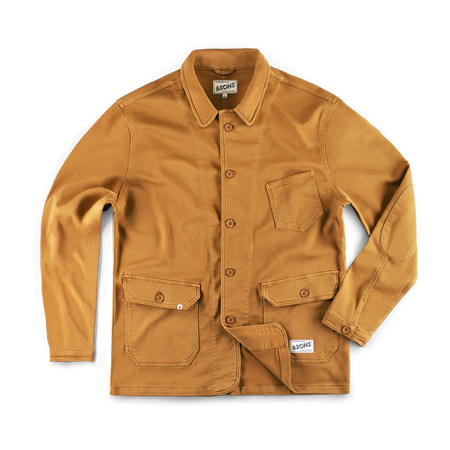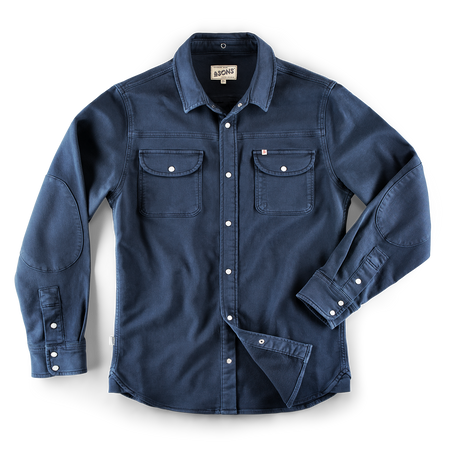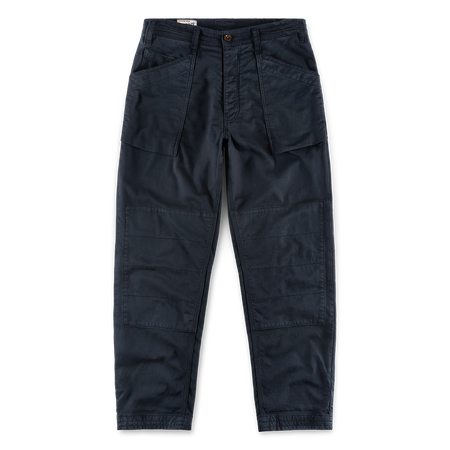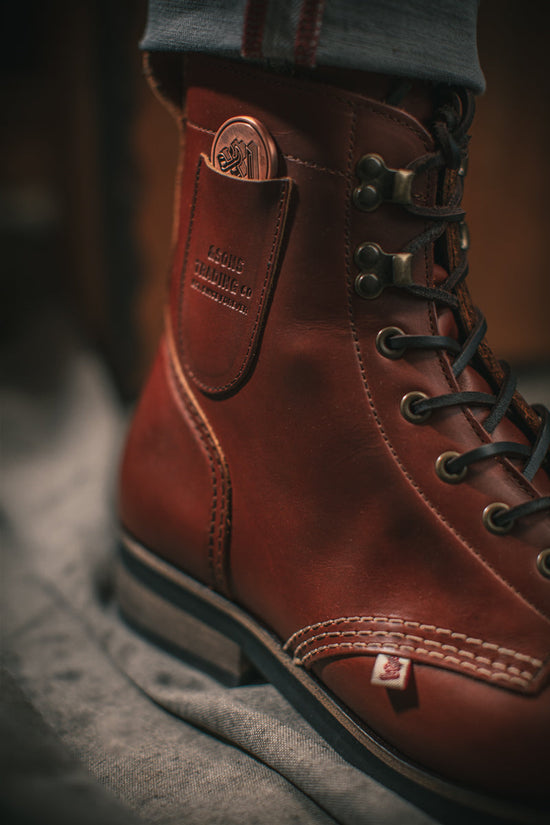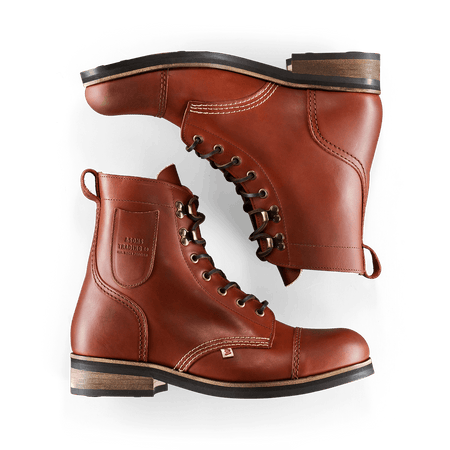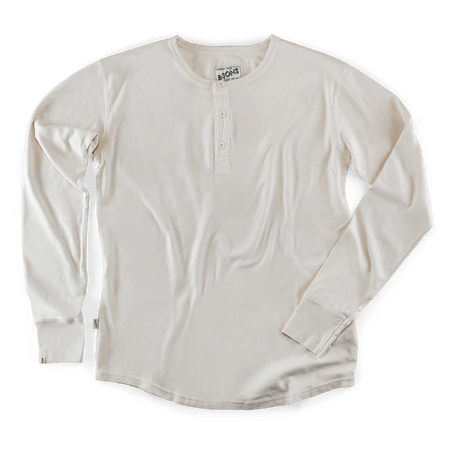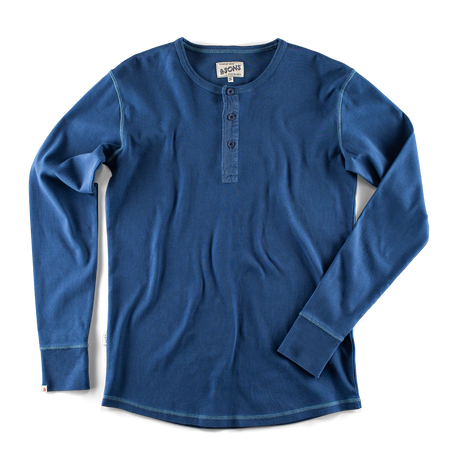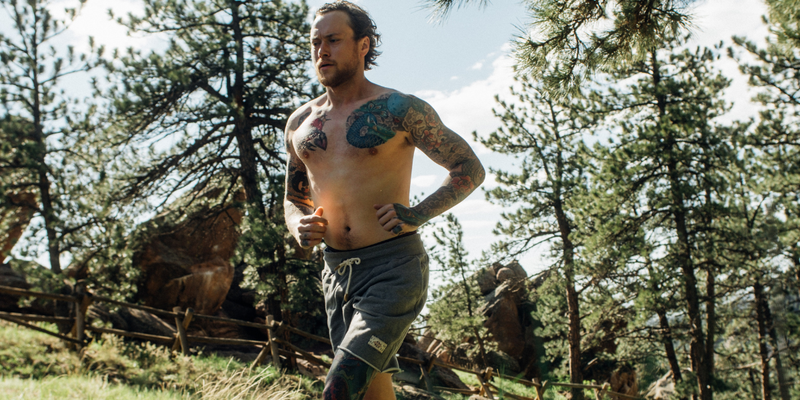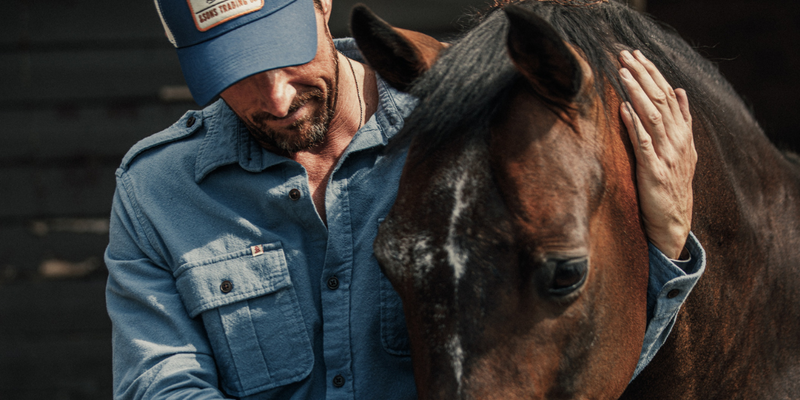June 25
Roll The Bones: “All My Fathers”
By Chris Nelson
This is the tenth Father’s Day without my dad. Steve Nelson was as devilishly handsome as he was dangerously charming, and he loved me as much as I love him, which is a lot. Every day I desperately want to talk to him, laugh with him, and ask his advice about how to navigate this increasingly confusing life, but I can’t, so instead I turn to my father figures.
Kind-hearted, soulful men have passed through my life and shared their invaluable insights with me, but there are a few outstanding gentlemen who I can confide in, who will tell me when I need to apologize, and who have never given up on me, no matter the many reasons I gave them. This Father’s Day, I’d like to introduce you to all my fathers:
Jim Sit
Every day Jim Sit wakes up at dawn, walks down to his basement, and does 400 calf raises in his tighty-whities while Miles Davis blasts through the speakers of a hi-fi stereo that was handbuilt out of parts from a Radioshack scrap bin—or at least it’s possible he does that, I don’t know, it’s a stupid scenario I made about him when I was kid.
A kind, eccentric, and brilliant man with godlike calves, Jim is the father of my lifelong best friend. His family lived around the corner from mine in the suburbs of Chicago, and I spent as much time at his house as I did at my own home. Jim always made me feel welcomed and loved, and he encouraged me to explore my interests, my intrigues, and my imagination.
He never failed to impress me with his knowledge of electronics or blow my mind when he took unloved odds and ends of disused appliances to build computers, instruments, or amplifiers. It wasn’t until I was older that I understood his expertise was not innate but rather learned from his father. “Every week my father would challenge me to complete an electric circuit design, like how to wire a light with two independent switches,” Jim says.
I ask him what fatherhood means, and Jim says, “Pursue your dreams. Be content with your life. Help others find happiness in their lives. This is what love is all about. You are part of my family, and I am so blessed to have shared some of my dad’s traits with you and all my children.”
Joe DeMatio
It was Christmastime and Joe DeMatio was hosting one of his big, lavish, gay dinner parties at his beautiful home on the outskirts of Ann Arbor, Michigan. When I walked through the front door with a nice bottle of wine, a white-bearded bear in Santa Claus outfit yelled, “Ho, ho, ho!” and then he grabbed me tightly by my testicles and pulled me in for a hug, which caused Joe to guffaw with glee.
The man who caused me so much distress as a young, aspiring writer became one of the most influential men in my life. Joe DeMatio is a talented, patient, and exacting magazine editor, and he was my boss at Automobile Magazine. When we were at the office, he was ruthless and used his red pen without remorse, but outside of the office, he showed me care and love, and our friendship bloomed. He showed me how to make delicious strawberry rhubarb pie from scratch, shared advice about how to best handle woes with women, and invited me into his close-knit community of vibrant and outspoken “daddies.”
I ask Joe if he ever wanted to be a father, and he tells me, “As a young gay man in the 1980s, fatherhood was not considered a particularly viable option, and most gay fathers I knew in those days had children from when they were pretending to be straight. In 2025, of course, the parameters around this are far different. In any case, if I had been thrust into fatherhood, or guardianship or something, I think I would have been pretty good at it.”
Then I ask, “What advice did your father give you that you’d pass on?” Joe replies, “It is a little corny, but my dad used to quote an adage or maxim that went something like this: Count thy day lost / whose low and setting sun / Finds that thy hands / No worthy action done. I’m sure he seized on this as a way to convince his nine children to labor on the farm, but it’s stuck with me for a half-century.”
Jonathan Nelson
Two months before our father’s death, my older brother, Jonathan, and I drove across America in a tiny, carbon-fiber Alfa Romeo 4C sports car. Somewhere in the Arizona desert, as I sat behind the steering wheel and stared out at the barren lands, my brother squealed with delight, pointed to a roadside sign, and said, “Look, mature donkeys!” I read the sign, then turned to my brother: “It says miniature donkeys,” and there was a short breath of silence before we both laughed hilariously until we reached the Nevada state line.
Why he was so excited by mature donkeys remains a mystery to me, but at this point I no longer wonder why the most outlandish oddities of this world evoke so much joy in “Dink,” which is what I’ve called my brother since I could first speak. His entire life, Dink has been a nonconformist fascinated by the obscure curiosities that go unnoticed by those unwilling to see or appreciate the stranger sides of humanity, from Japanese heavy metal to taxidermied jackalopes. His latest obsession has been cultivating a backyard garden populated by more than 200 species of flora—he is a “shepherd of ecology.”

Dink is and has always been my greatest inspiration. I was an overly sensitive kid who never really felt safe, unless my brother was around. He watched out for me, protected me, and gave me unconditional love without hesitation or expectation. His past is almost as incontestably detestable as my own, but in the past decade he has straightened out his priorities, found himself a partner and started building a true and honest home, and now all he wants to do is what our dad wanted him to do: “Take time to watch the world turn,” Jon says. “Dad taught me the value of doing nothing in silence.”
I ask my brother if he thinks our dad was a good dad. “I go back and forth on this,” he replies. “He wasn't a bad dad by any means, but he was a better friend than a parent.” I agree. I appreciate all my dad did for me in the half-century we shared on this planet, but after his death, I realized that it was easier being his buddy than it was being his son. Maybe if he and I had more time together, we could’ve figured out how to have a more robust father-son relationship, but that won’t happen, and so be it.
My dad is my dad, and I love him unconditionally, like I love all my fathers.
